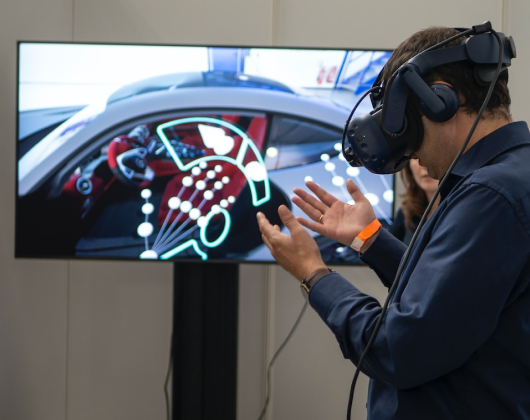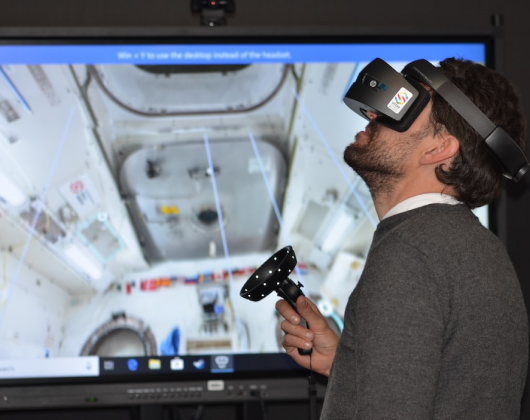
Virtual Reality Cloud
Virtual Reality (VR) cloud technology has the potential to revolutionise the manufacturing industry by enabling manufacturers to simulate and visualise their manufacturing processes in real-time. This technology can help manufacturers to optimise their production processes, reduce costs, and improve product quality.
One of the key benefits of VR cloud technology is its ability to provide a virtual representation of the manufacturing process. This technology lets manufacturers visualise and simulate the entire production process, from the design phase to the finished product. By doing so, manufacturers can identify potential issues and optimise their processes before production begins. As a result, this technology can reduce waste and improve product quality.
VR cloud technology also enables remote collaboration and training. With VR headsets, teams from different locations can collaborate in the same virtual environment, making it easier to share information and ideas. It can streamline communication and decision-making and reduce the time and costs associated with travel.







